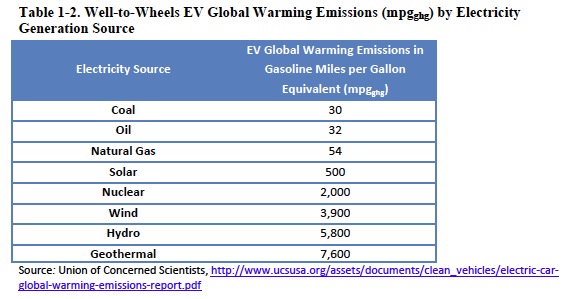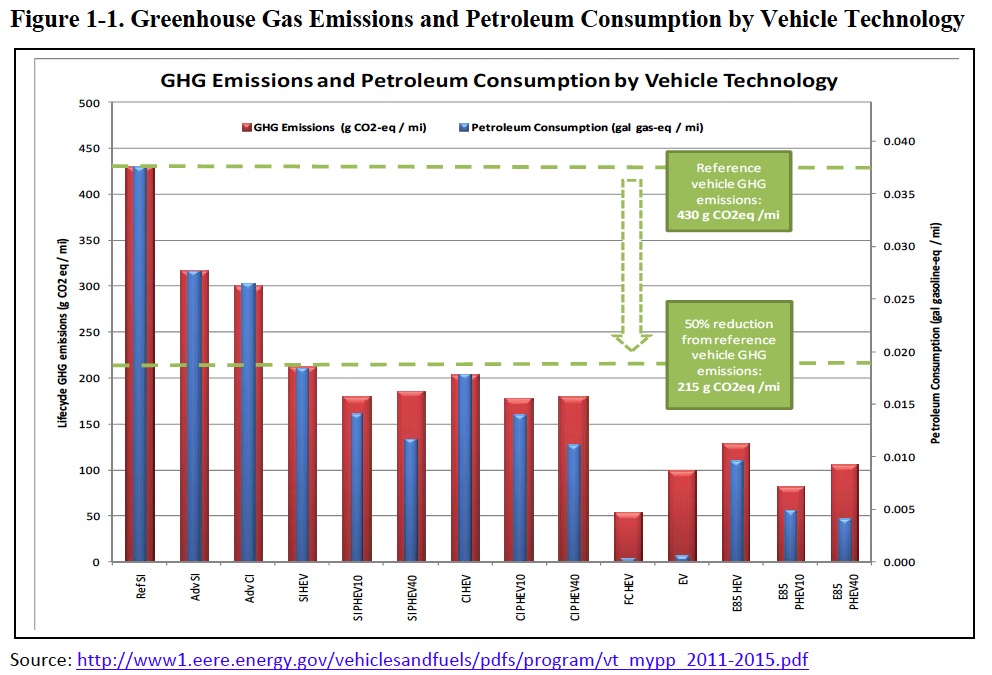METROPOLITAN WASHINGTON COUNCIL OF GOVERNMENTS
This report seeks to provide a framework for establishing a regional readiness plan for the deployment of electric vehicles (EVs) in the metropolitan Washington region. While total EV ownership in the region is relatively low (compared with other cities such as Portland, Oregon, or Los Angeles), consumer interest in EVs is growing and more EV models are being introduced in the regional market. However, the metropolitan Washington region’s charging infrastructure and EV policy frameworks are not yet positioned to accommodate greater market penetration of these vehicles. This report contains recommendations for stakeholders to promote a consistent set of practices across the region that will remove barriers to EV adoption and infrastructure planning while mitigating potential impacts on the electrical grid. This coordinated planning effort will help ensure that the region can receive the health, environmental, and sustainability benefits that EV technology offers.
Benefits of EV Deployment
EV adoption presents environmental, economic, and energy security benefits to the country and to the region. The U.S. Department of Energy (DOE) sees the electrification of vehicles as one of the highest impact strategies for reducing greenhouse gas emissions between now and 2030. Due to the relatively low greenhouse gas emissions profile of the Washington region’s electrical grid, EVs charged in most parts of the region produce fewer greenhouse gasses than any currently available hybrid vehicle (equivalent to 50 mpg or greater). And as renewable portfolio standards and other policies increase the proportion of low- and no-emissions electricity available on the grid, the environmental impact of EVs will continue to improve.
EVs can play an important role in achieving the region’s air quality goals by reducing vehicle emissions. In the metropolitan Washington region, transportation emissions accounted for 55 percent of NOx emissions and 16 percent of fine particle (PM2.5) emissions in 2007. Because EVs produce no tailpipe emissions, they are good candidates to help significantly reduce pollution from mobile sources.
EVs also offer economic benefits through fuel cost savings. EVs have fuel economy ratings of 75 to over 100 miles per gallon equivalent (MPGe), and cost approximately $0.04 per mile to operate when charged in the Washington region. Conventional vehicles, at an average of 27 mpg, cost nearly $0.13 cents per mile. According to a study by the Union of Concerned Scientists, EV drivers in the Washington region could save an estimate of $950 per year in fuel costs compared to those driving internal combustion vehicles, depending on fuel prices, electricity rates, and miles driven.
Additionally, EVs offer their owners protection against future gasoline price volatility. And because EVs rely on domestically produced electricity rather than on petroleum, a largely imported fuel, they promote energy security.
Download full report (PDF): Electric Vehicles in Metropolitan Washington
About the Metropolitan Washington Council of Governments
www.mwcog.org
“The Metropolitan Washington Council of Governments, known as COG, helps develop regional solutions to such issues as the environment, affordable housing, growth and development, public health, child welfare, public safety, homeland security, and transportation. Founded in 1957, COG is an independent, nonprofit association comprised of elected officials from 22 local governments, members of the Maryland and Virginia state legislatures, and members of the U.S. Congress. COG is supported by financial contributions from its participating local governments, federal and state grants and contracts, and donations from foundations and the private sector.”
Tags: Electric Vehicles, EV, Metropolitan Washington Council of Governments, MWCOG, U.S. Department of Energy








 RSS Feed
RSS Feed